Interpol’s Secretary General Ron Noble and Fifa’s President Sepp Blatter during the press conference in Zurich in 2011 announcing the Fifa Interpol deal (retouched photo) © Rtve
Why doesn’t somebody blow the whistle? Money intended, quite legitimately, to fund sports and big sporting events is slipping into the coffers of Interpol, and questions have been being asked about undue influence, bias, and corruption. After all, paying off the police is just not sporting, is it? In the UK it used to mean bribing a police officer to turn a blind eye to a crime, but since they were badly paid it wasn’t all that shocking, even if the odd house breaker got away with a crime. The biggest problem today is on a whole different scale and concerns money from FIFA, “the Fédération Internationale de Football Association”. It’s the international governing body of association football, and also of a handful of related activities, all of which make fortunes for promotors whose interest in law and order stops short at finding ways to get around those same laws. Amazingly, FIFA came into existence in 1904 to keep things lawful in international football competitions involving Belgium, Denmark, France, Germany, the Netherlands, Spain, Sweden, and Switzerland. I can’t help wondering how well those teams of long ago would have fared against today’s extremely wealthy players, now traded for large sums between clubs and countries, and the clubs’ multi-millionaire owners. FIFA has grown a bit over the years, of course, while its reputation seems to have shrunk. It often blows its own trumpet somewhat, with such claims as: “FIFA exists to govern football and to develop the game around the world. Since 2016, the organisation has been fast evolving into a body that can more effectively serve our game for the benefit of the entire world.” It also seems to benefit – unintentionally (one hopes) – some of the sporting world’s biggest and richest crooks.
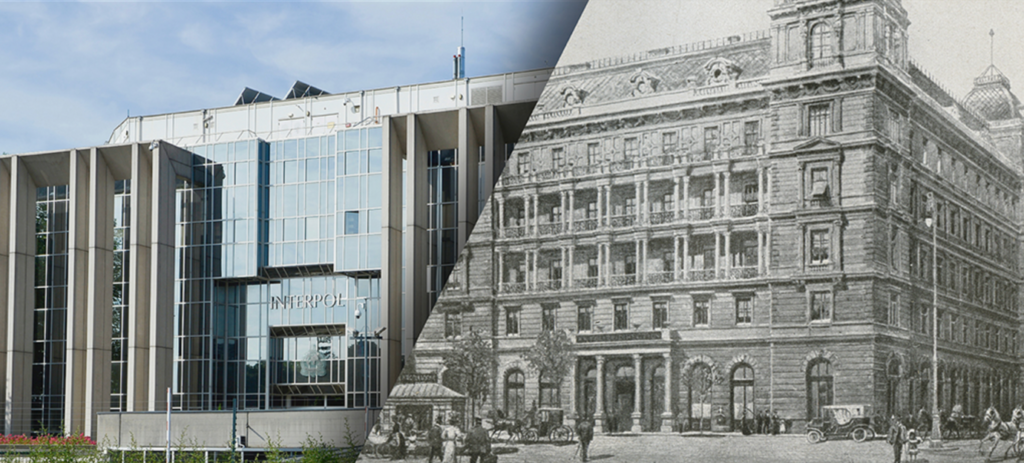
Interpol wasn’t created until 1923 but it was intended to promote enhanced cooperation among the various law enforcement agencies in existence at the time. It appears to be more greatly needed today, if somewhat under-appreciated, at least by those in charge. Interpol negotiated a deal with FIFA worth a staggering €20-million, although it was ended in 2015. Of course, there are corporate sponsors hoping to gain from a close relationship with Europe’s (and the world’s) favourite sporting entertainment – names like Visa and Samsung spring to mind – but FIFA, on the other hand, was helping to sponsor Interpol. Millions of euros flowed in that direction, which may appear to the mere layman (or laywoman) rather like having the police funded by the burglars’ union. There are plenty of other donors, too, who are seen as “partners”, such as the tobacco manufacturers and the big pharmaceutical companies. According to one report I have on my desk, the French investigative and public opinion publication, Mediapart, has slammed FIFA’s (and Interpol’s) links with the tobacco companies, too, while the German weekly, Die Zeit, has severely criticised similar links with the pharmaceutical industry. The report claims that the likes of Philip Morris, Sanofi and Kaspersky Lab have swollen Interpol’s operational budget by almost a third through their “generosity”. However strange it may seem, however, Interpol’s unsavoury-seeming relationships appear to have largely passed unnoticed by much of the media. When you’ve found a goldmine you do not ask the nuggets if the pick-axe blows cause pain.
This whole business is somewhat surprising – not to mention worrying – considering that Interpol now has responsibility for co-ordinating the policing operations of its 190 member countries. The cosy-seeming relationships are being probed, however, by the US Department of Justice and the office of the Swiss attorney general (Switzerland record in all this is not especially glittering). Eyebrows have certainly been raised, reports the news source City A.M., over the contribution by the massive Chinese e-commerce company Alibaba of €512,000 to help fund Interpol’s investigations into the “illegal trafficking of illicit goods and counterfeiting” over the preceding four years. An Interpol spokesperson told City A.M. that it was a “one-off payment” in 2021, although some of that fund was still being used the following year. At the time of the City A.M. report, Interpol had not published its voluntary contributions for 2023.

Interestingly, given the claimed reason for the donation, some of Alibaba’s own sites stood accused of failing to clamp down on the sale of counterfeit goods. Since then, Alibaba has abandoned a planned “initial public offering” (IPO) of shares, offering instead to buy out its minority shareholders because the proposed move had failed to attract enough investors. The US Trade Representative has expressed her concern about the continuance of Alibaba’s alleged dealings involving counterfeit goods and its likely effects on US commerce. “The widespread trade in counterfeit and pirated goods harms the economic security of American workers and undermines our work to craft equitable and inclusive trade policy,” Ambassador Katherine Tai told City A.M, “The Notorious Markets List is an important tool that urges the private sector and our trading partners to take action against these harmful practices.” The agency praised Alibaba’s efforts to curb illegal transactions overall, but nevertheless pointed out two of its sites, AliExpress and Taobao, as arousing a suspicion of malfeasance.
| OF FOOTBALL AND FANTASY
In the very clever fantasy books of the late Terry Pratchett, the biggest city on his fictional Discworld is called Ankh-Morpork, where those who want to become thieves can obtain full (and legal) training at the Thieves’ Guild. But they also need a licence, issued by the Guild, and if they’re caught stealing without one, they are handed to the Guild for punishment, which is always severe and can be terminal. In the world of professional football, it seems, a similar system is in operation. It has been carefully crafted to take money from duped fans and to funnel it relentlessly into the pockets of those in charge, who are already extremely wealthy. In fact, the Thieves’ Guild looks surprisingly innocent when compared with the apparent activities of FIFA and Interpol. One big scandal at FIFA that on this rare occasion made the newspapers was not uncovered by Interpol at all but by the FBI. Of course, the FBI is a fully funded law enforcement body, unlike poverty-stricken Interpol, which covers 192 countries on a budget just around one sixtieth the size of the sum at the FBI’s disposal for just one (admittedly large) country. It means that the crooks and football club bosses (who in some regrettable cases may even be the same people) have more than a football at their feet; they have the world and all its riches. Whoever said “crime doesn’t pay” had clearly never watched a football game.
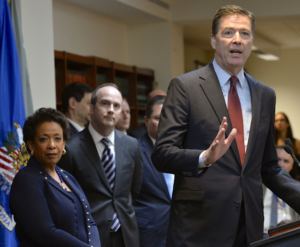
Interpol also decided not to give evidence at a UK parliamentary hearing held at Westminster, choosing to send written evidence instead, claiming that whatever its representatives said would not be protected by the International Organisations Act of 1968, which was supposed to give immunity from legal action to named international organisations, although it’s also true that Interpol was not one of those named. The inquiry mainly centred on the alleged abuse of the Red Notice system, through which legal investigations are launched at the request of individual member states. MPs were told that of 346 Red Notices (which can be issued by Interpol at the request of a member state to call for the subject’s arrest, wherever he or she may be, but are supposed to be issued only when a member state has accused someone of a serious offence needing investigation). The accusations involve “state actors”, and only 200 of those made were admissible as complaints. Interpol, of course, holds a substantial volume of sensitive police data. In fact, it seems that law-makers are more worried about the Red Notice system being abused than about the abuses whose very existence was supposed to justify the issuance of a Red Notice in the first place. It all seems back-to-front: the system comes down less hard on the wrong-doers as it does upon those who report them for their illegal acts. There is an old saying: “Set a thief to catch a thief”, but in this case that just seems to multiply the numbers of thieves, without catching any at all. However, the risks involved in the misuse of the Red Notice system are very real.
| MUDDYING THE WATER
The abusers of the system who cause the greatest concern include China, Russia, and Turkey, possibly affecting a particular individual but also, very possibly, a close relative of that person. Nothing puts pressure on a person who is accused of a misdemeanor than the discovery that a close relative is under investigation for it. William Browder, for instance, of Hermitage Capital Management and a campaigner for Interpol reform, told MPs of his personal experiences: “Now, whenever I cross an international border, I have to be prepared that I could be arrested at any time on an abusive Russian request via Interpol channels,” which is very inconvenient, although the story gets worse.
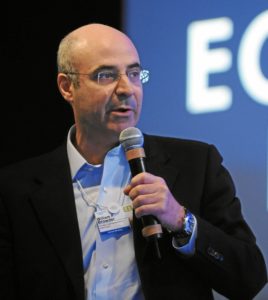
Browder continued: “I have to restrict my travel and avoid going to countries that have warm political relations with Russia because if I was arrested and sent to Russia, I would almost certainly suffer the same fate as Sergei Magnitsky.” Magnitsky was a whistle-blower on Russian corruption who died in a notorious Russian prison in 2009 after (correctly) exposing fraud by tax officials. The Swiss authorities ended their own investigation (it hardly deserves such a description) without bringing any charges either.
A decade after Magnitsky’s death, the European Court of Human Rights found that Russia had violated Magnitsky’s rights, and it also condemned Russia for medical negligence, overcrowding at the prison, and a posthumous trial that was unfair. It can be a very dangerous sport, football. If Russia is involved it’s rather like playing Russian roulette when you know your own gun is unloaded. The UK inquiry was very critical of Interpol, pointing out that its secretariat had decided to take no action against Russia or China, despite powerful evidence of abuse. The UK remains one of the largest contributors to the Interpol budget, but Browder accuses its government and legal authorities of declining to warn him of Red Notices issued against him, nor informing him of places where he could be at risk. When schoolboys utter that old cheer from a poem by Sir Henry Newbolt: “Play up, play up, and play the game!” it would seem to be the game of chance, in which the body with the greatest funds cannot lose and the individual can never win. It’s not very sporting, really. More tea and crumpets, anyone?
The numbers of Red Notices being issued is on the rise, of course. They’re a useful weapon in this game of “war-through-sport”. The numbers issued rose by a factor of five over the ten years to 2016. There is an accurate (albeit terrifying) documentary by video reporting group Slice which details Interpol’s financial difficulties and lack of real powers to curb wrongdoing. It correctly points out that all police forces are short of cash and forced into austerity, although in Interpol’s case this situation is worsened by fears that the organisation reflects a loss of sovereignty. It’s an old, old device, much used by Brexit campaigners who never (to my knowledge) explained to voters what the expression “sovereignty” even means before they went off unknowingly to vote in favour of economic difficulties, travel problems and lower public revenue receipts. In Interpol’s case, the resistance is all about handing responsibility for law enforcement to a foreign police force (whatever happened to the concept of cooperation against criminality?). It’s worth recalling the involvement of Sepp Blatter in the negotiations.
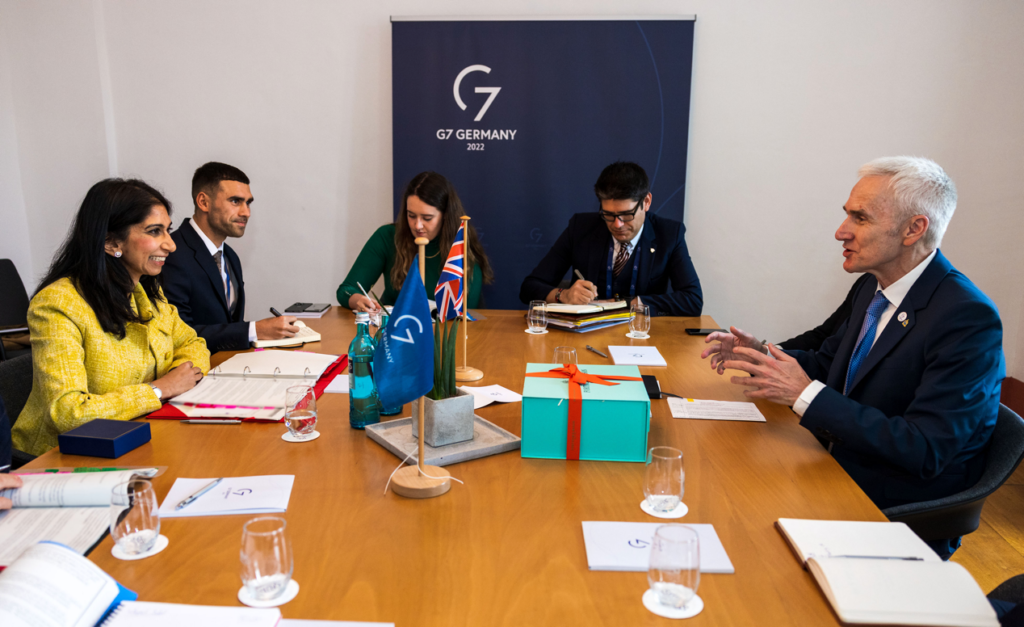
Blatter is a Swiss former football administrator who served as the eighth President of FIFA from 1998 to 2015. He has since been banned from taking part in FIFA activities as a result of the 2015 FIFA corruption case, and he must stay out of the game until 2027. In case you have forgotten this long-ago scandal, towards the end of May 2015, fourteen people were indicted following an investigation by the FBI and American tax investigators into wire fraud, racketeering and money laundering. The case also centred on the alleged use of bribery and fraud, as well as the corrupt issuing of media and marketing rights for FIFA games. All very sporting, eh? It’s perhaps worth remembering that at a press conference Blatter said of Interpol that: “this might become the intelligence wing of FIFA”. It’s a very worrying suggestion to come from such a senior figure. Ron Noble, the Secretary-General of Interpol at that time, didn’t respond to the idea. You may recall, Noble was an American law enforcement officer who served as the head Interpol from 2000 to 2014 and was the organization’s first American leader.
But of course, we’re not just dealing with sport here.The giant tobacco company Philip Morris denied Interpol access to a conference it organised on corruption in the tobacco industry. The sum of €1.25-billion was paid by the company to the EU to avoid prosecution over a related issue, while the big tobacco companies (including Philip Morris) took control of the “fight against cigarette smuggling”, thought to be the reason for Interpol’s exclusion. “No prosecutions, please; we’re business-people,” perhaps. The Ombudsman has found maladministration in the European Commission’s failure to ensure transparency across all its departments when it comes to meetings with tobacco lobbyists as well as its failure to ensure that all departments systematically assess whether specific meetings with tobacco representatives are needed at all. As a signatory to the World Health Organization’s Framework Convention on Tobacco Control, the EU is obliged to limit its interactions with the tobacco industry and to make those interactions transparent.
It’s true that Interpol was not intended to concern itself with political, military, religious or racial affairs, but it was soon caught up instead with illegality concerning alcohol, tobacco, the sex industry, and arms production. It also publishes Red Notices, despite the controversy over their seeming misuse by some authoritarian regimes keen to silence their critics (sometimes permanently). Any member state can issue a red notice, although an independent body, known as the Commission for the Control of Interpol’s Files made up of lawyers and other legal experts has the right to scrutinise and even refuse them in the event of abuse. Even so, countries such as Russia and China have been accused of misusing Interpol’s alert system for political purposes. Interpol Secretary-General Jurgen Stock has defended the agency’s record in policing its own alert system. “When repeated non-compliance occurs,” he told the media, “Preventative” and corrective measures are applied to those member countries to protect the integrity of our channels.” It’s not easy when some member states are deliberately trying to spread confusion to cover up their illicit (and immoral) activities.
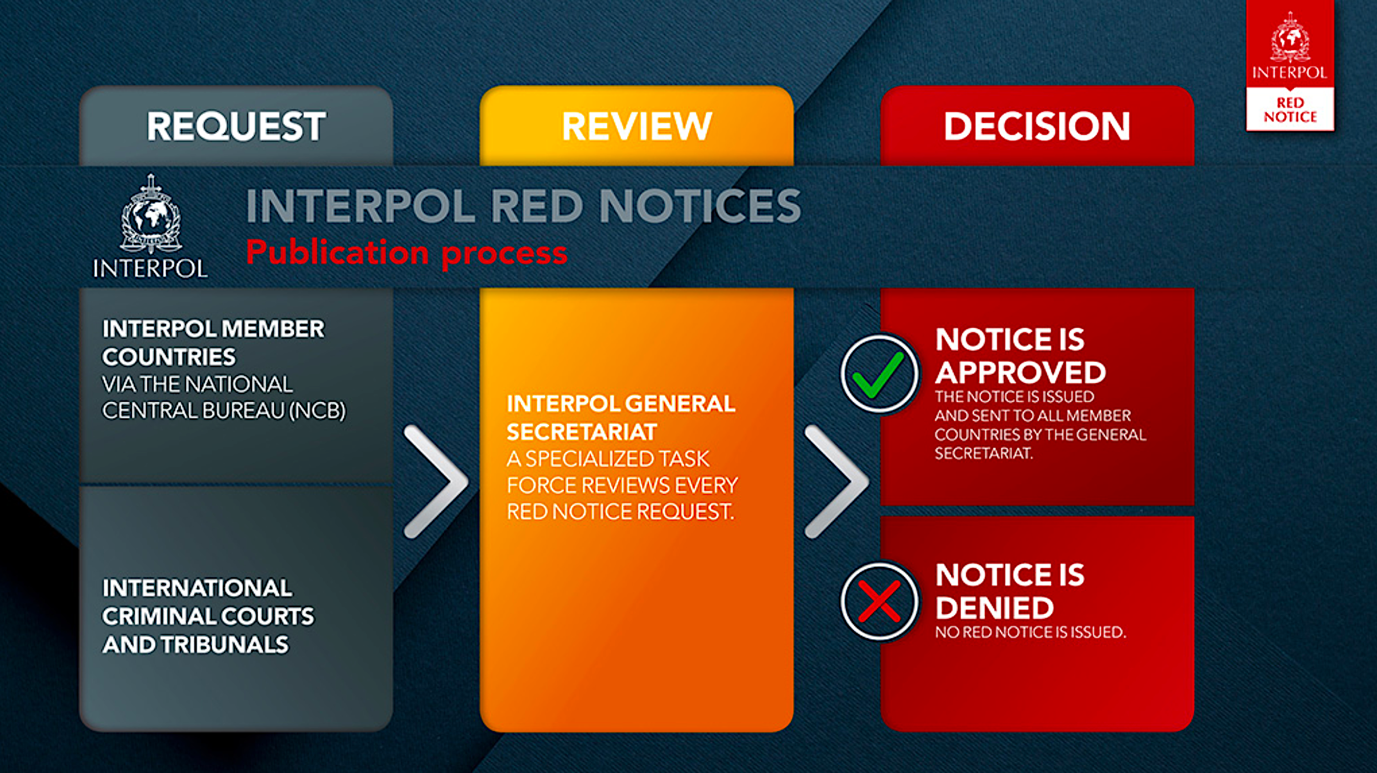
Browder points out that in 2018 he was arrested in Spain on a Russian arrest warrant, although Interpol insisted that no Red Notice had been issued for him. In 2021, a member of China’s persecuted Uyghur minority, Idris Hasan, was arrested in Morocco on a Red Notice issued by Interpol at the request of China. Interpol later declared the Red Notice in this case as “non-compliant”, citing it as a case of “the inherent dangers of an international policing organisation cooperating with non-rule-of-law countries prone to abuse such instruments for persecutions that run counter to Interpol’s constitution,” said an internal report.
A senior research fellow at the Heritage Foundation, Ted Bromund, said Interpol works on the assumption that its member states act in good faith, although in some cases it’s clear that they don’t. He also said that Interpol is failing to prevent “questionable” Red Notices being filed by such countries as China, Russia, and Turkey, which usually have little or nothing to do with crime but a lot to do with the exercise of control and are usually unwarranted.
| HE WHO PAYS THE PIPER
The €20-million deal between Interpol and football raised more than a few eyebrows when it began and few were surprised when it was ended in 2015, despite having been signed by Sepp Blatter and Ron Noble. There have been calls from Robert Barrington of Transparency International for Interpol to return the funds, although it would leave the organisation with a very small budget for crime-fighting. When the idea was put forward by the journal Politico it drew no response from Interpol. There are vast profits to be made from competitive sport and controlling them is no easy task.

Match-fixing, for instance, provides a wide range of opportunities for criminal profit, along with a fail-safe way to launder criminal proceeds. From Interpol’s point of view, it means cooperation among those controlling the sport itself, public authorities, betting regulators, the gambling industry, and law enforcement bodies. Interpol also has a task force to tackle match-fixing, involving enforcement agencies from around the world. The international match fixing task force itself (IMFTF) has some 100 member units with more than 150 global Points of Contact. There is a separate body tackling illegal gambling and money laundering activities. The actions of Interpol and Operation SOGA (anti-gambling on soccer) have so far resulted in 20,300 arrests, the seizures of US$ 64 million in cash, and the closures of some 4,000 illegal gambling dens which together handled more than US$ 7.3 billion worth of bets.
It’s curious to note that even at the time when Interpol and FIFA cosied up to each other, FIFA was already under investigation for corruption, which raises questions about Interpol’s ability to select reliable partners wisely. Nor has Interpol responded to repeated questions by Politico as to why it took no part in an FBI-led investigation into FIFA’s affairs. There has been a response to Interpol’s search for funding. A US15-million donation from Philip Morris, for instance, led to Interpol being barred from a convention on tobacco control organised by the World Health Organisation (WHO). One simply cannot play in the mud without getting dirty, however well-intentioned one may be. Of course, Interpol could well respond that you can’t tackle multi-millionaire crooks without enough money to fund your investigation. And we must not forget, of course, that soccer is not the only professional sport mired in accusations of criminal corruption. World Rugby, for instance, has taken legal action after the on-line abuse of match officials and players during the Rugby World Cup. One person in Australia has been prosecuted and other prosecutions are said to be pending in a number of countries, with more than 1,600 online accounts being flagged up for investigation or legal action.

In another, rather different case, the former president of China’s Football Association has pleaded guilty to bribery, fifteen people in Taiwan have been indicted for allegedly fixing a basketball match and a French tennis player has been suspended for seven years and fined US$5,000 for failing to cooperate with an investigation into match fixing by the International Tennis Integrity Agency. Where there’s money to be had, people will cheat and connive to get their hands on it. Sadly, it’s human nature, but that doesn’t mean that law enforcement agencies should turn a blind eye to it. Football fans meaning to attend this summer’s Euro 24 series of matches in Germany have been warned to steer clear of neo-Nazi thugs who intend to disrupt the matches with violence if they can. Some experts have suggested that the threats of violence have been exaggerated by a media that thrives on such things. As a member of the media myself, I find that very sad and – if true – completely inexcusable.

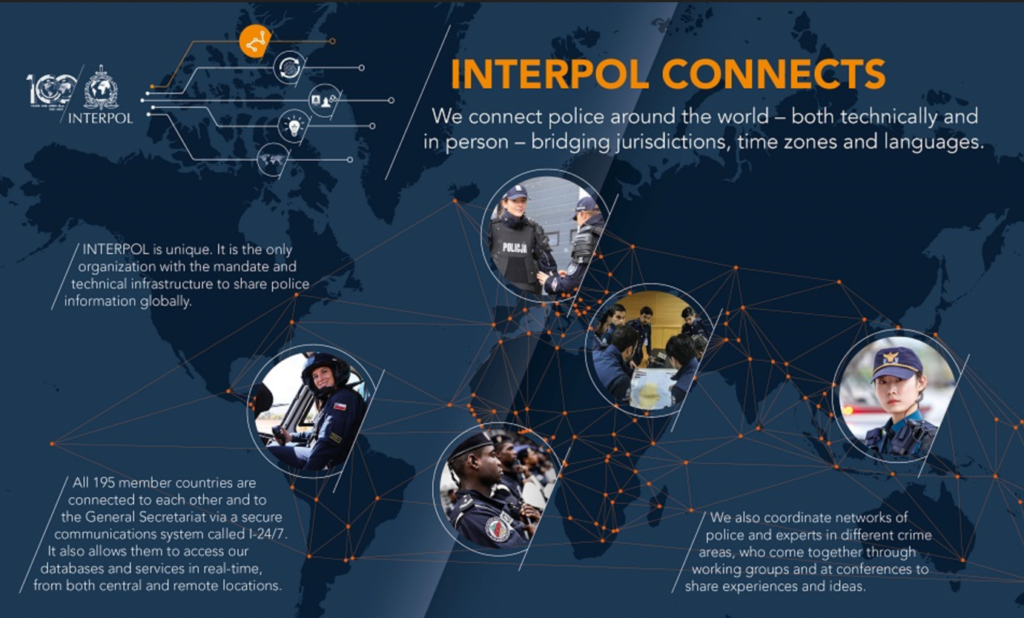
Parents should certainly be able to take their children to support a favourite team without the fear of violence erupting. Much of that problem seems to involve far-right gangs who view acts of violence as “part of the fun” of attending sporting events, and those same parents should also be confident that the match (or whatever game we’re talking about) is being played fairly without a pre-ordained outcome arranged to suit the gambling industry. Mainly, as with so many of today’s problems with public order, it comes down in the end to money and greed. However, tackling such social issues effectively would seem to be beyond the reach of today’s authorities. I certainly wouldn’t take a child to some of the more important fixtures if there were rumours of crowd violence because I’d prefer to be certain that I could get him or her home again safely. Where violence is predicted (certainly not in every game) that may not be the case. In Sir Henry Newbolt’s poem that I mentioned earlier, just when things look desperate: “the voice of a schoolboy rallies the ranks – Play up! Play Up! And play the game.” It’s a call for fairness, courage, and honesty that too few of today’s sports leaders and their sponsors would even understand, I’m afraid, let alone be able to follow.

